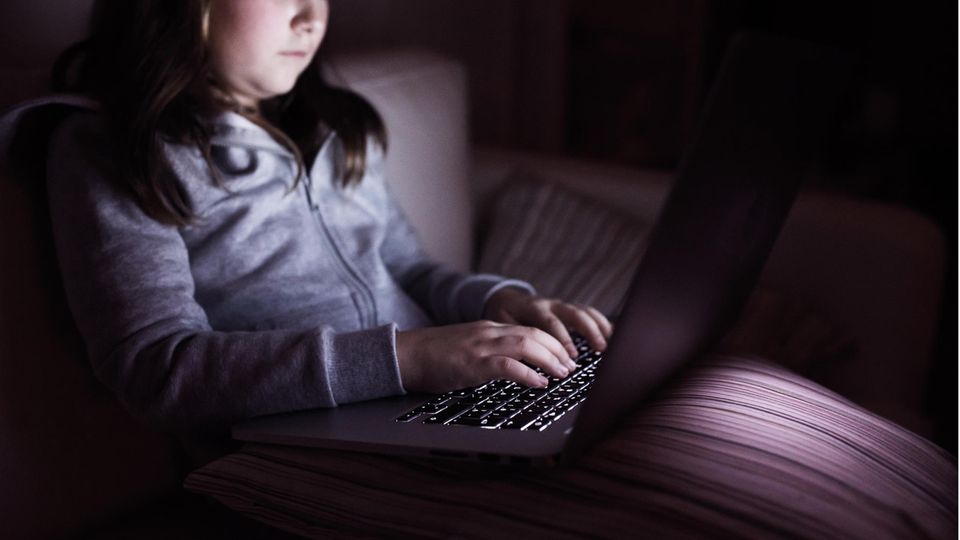Instagram, Whatsapp and Co.
Many are currently proudly posting children’s photos from vacation on the Internet – but this carries risks
Many parents want to share children’s photos of beautiful moments with others. But this is not always without risks.
© Sergei Karpukhin/TASS
Especially during the holiday season, many parents proudly post their children’s photos online. However, this carries risks. What you should consider.
Vacation time is photo time, especially on social media. During the holiday season, Instagram, Whatsapp and Co. traditionally fill all channels with snapshots that holidaymakers send and post from their holiday destinations around the world. In the case of proud parents, it is not uncommon for the offspring to be the focus of the pictures, the motifs: Children eating, children at the beach, children in the pool, children with other children and so on.
At first glance, this seems harmless, after all it’s all about sharing happy and carefree moments (and maybe also about showing off). But: There are risks in sharing children’s photos online, even if this is initially done in a private setting. The Federal Criminal Police Office (BKA) warns that the distribution and use of images that are online can no longer be controlled by the authors. “Even seemingly ‘harmless’ images or videos can be collected by pedophile perpetrators and distributed on the dark web,” writes the BKA on its website. These perpetrators scour social media platforms for motives that are suitable for them in order to place them in a sexualized context – for example by manipulating the images on the computer.
Even pictures that are initially only shared privately – in WhatsApp groups, status messages or stories of closed profiles – can become prey for pedo criminals. For example, when relatives, friends or other recipients unsuspectingly spread the pictures and they end up with other unwanted recipients.
Children’s photos can lead to (later) trouble with the offspring
But the images can also cause harm in other ways: photos showing children in uncomfortable or embarrassing situations can make them the butt of ridicule. And years later they can still lead to trouble with their own offspring. Adolescents or young adults may later no longer find it funny that heaps of “funny” photos of them are circulating on the Internet.
What many parents don’t necessarily realize is that children also have a right to their own picture, even the smallest ones. From the age of 14 they must consent if a picture is shared. A few years ago, a young Austrian woman even sued her parents because they had published hundreds of photos of her on Facebook and refused to remove the motifs, even at the request of her now adult daughter. This can be avoided if the children are included and pictures are published in such a way that the face or other clear personality traits are not recognizable. When in doubt, the best decision in most cases is not to distribute the pictures via social media in the first place.
For all those who don’t want to do without posting, the German Children’s Fund has published six tips for dealing with children’s photos on the Internet:
Six tips for dealing with children’s photos on Instagram, Whatsapp and Co.
Sources: Federal Criminal Police Office,German children’s charity


